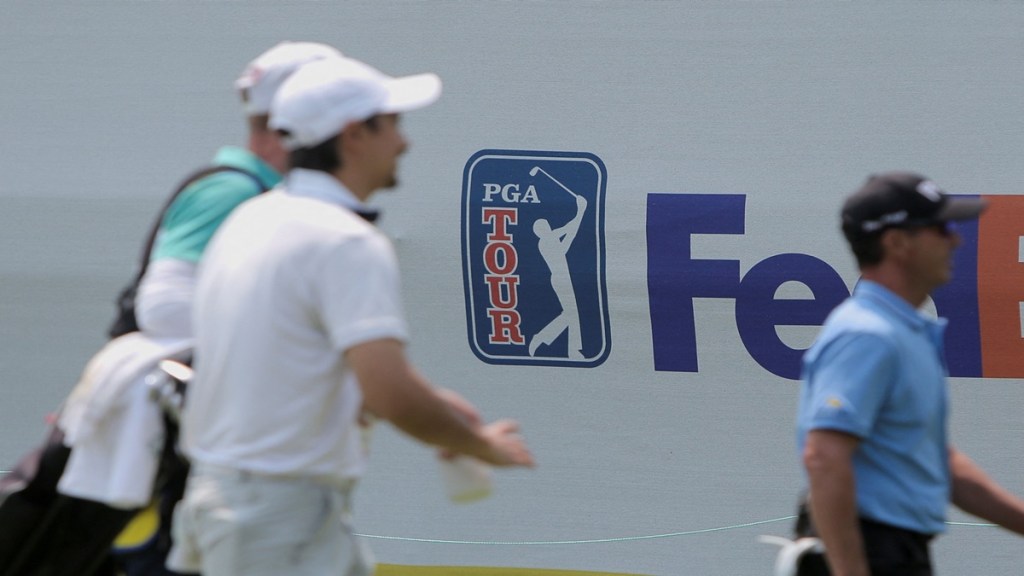You cannot help but feel for Rory McIlroy. The Irishman was the USPGA Tour’s biggest advocate when it came to articulating the Tour’s opposition to the LIV Golf Tour. And that stand was underpinned by morality: Saudi money was not acceptable, not after what happened to Jamal Khashoggi, and given Saudi Arabia’s deplorable human rights record, was the Tour’s message. And that is why Rory was so important for the PGA Tour: an opposition on moral grounds carries little weight when voiced by what is, at the end of the day, a commercial enterprise. But for a player of Rory’s stature to turn down an astonishing amount of money (he was reportedly offered $500 million) to take the stand endorsing the PGA Tour’s position. That is worth more than all the money in the world.
At the press conference at the RBC Canadian Open recently, where Rory spoke at length about the merger and his thoughts going forward, the Irishman’s body language— resigned and deflated — spoke much more clearly than his words. “I have come to terms with it. I have seen what’s happened in other sports and other businesses. I have resigned myself to the fact that this is what’s gonna happen,” he said. Trying hard to see the silver lining, he continued, “…Removing myself from the situation…They want to spend money on the game of golf, and they weren’t going to stop. How can we get that money into the game and use it the right way? And I think that’s ultimately what this will do.” Rory added that he thinks the merger will be “good for the game of professional golf.”
I’ll tell you what it’ll be good for. It’s going to be great for the fans — finally, we can watch events with a full field that includes the best players in the world. No one was watching LIV Golf, and we missed watching Brooks Koepka, Dustin Johnson, and their peers. Heck, the golf world even missed Phil Mickelson. That’s the first thing that comes out of this merger. It’s going to have a direct effect on television viewership which augurs well for the sponsors. And then the infusion of cash from the Saudi Public Investment Fund will probably make professional golf bigger than ever.
Now comes the business of sorting out the details. Will the players who signed up with LIV be incorporated back into the unified tour without any penalty? Will the players like Rory and Tiger, who turned down offers from LIV (Woods was reportedly offered $1.2 billion) be given some kind of a bonus? I mean this whole loyalty to the PGA Tour has made them look, well, foolish. I wouldn’t want to be in their shoes right now. What makes it even more egregious is that this deal, which must have taken a lot of time to stitch together, was negotiated in complete secrecy. And the announcement completely blindsided the players. At least in the case of Rory, it would have been decent to bring him in the loop before he found out like everyone else.
By the looks of it, LIV Commissioner Greg Norman was not in the loop either, and the press release on the merger makes no mention of the Australian — an indication that he is going to be phased out of his role at LIV Golf. But this is what Greg wanted ever since he tried to build a rebel league in the 1990s called the World Golf League, and failed. This time he has done it: created a new league that disrupted the status quo, forced the PGA Tour first to reform itself, and then finally be subsumed by the new league. If the PGA Tour was a monopoly, then this tour with all three major professional golf tours in the world —USPGA, DP and LIV — is a monopoly beyond compare. Is that a good thing for golf? I don’t know the answer to that. What I do know is that now, as it is with every major professional sports league, the management of the new tour will profit the most, even more than the players. And the suits — of the likes of PGA Tour Commissioner Jay Monahan — will make even more money.
To be somewhat fair to the PGA Tour, the merger is probably the only option it had. Embroiled in a number of anti-trust lawsuits with LIV, that were, and would continue to be, significant drains on the Tour’s finances for years to come, there was sense in calling a truce. Then there was the complicated issue of working with sponsors that would not invite accusations of hypocrisy — a large number of major companies have investments in PIF. All in all, this merger does lift the prospects for professional golf to a different sphere.
McIlroy meant it when he told Golf Digest magazine in 2022 that he “…didn’t see the value in tarnishing a reputation for extra millions.” What he did display in the presser at the RBC Canadian Open was that he had nothing left to fight for. There’s only one game left in town. Most players who actively criticised LIV Golf will probably take a cue from him. There’s no other option.
“All I’ve wanted is to protect the future of the PGA Tour and I hope that this does that,” Rory said in summation at the RBC. As it turns out the PGA Tour is pretty good at protecting its interests, but Rory, by turning down a reported $500 million offer from LIV in the past, has ironclad his own legacy. A class act if there ever was one.
A golfer, Meraj Shah also writes about the game.

